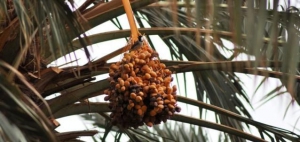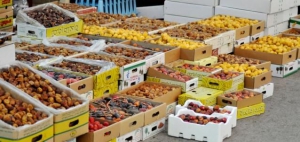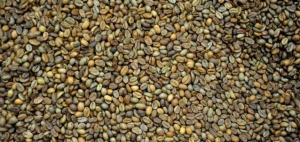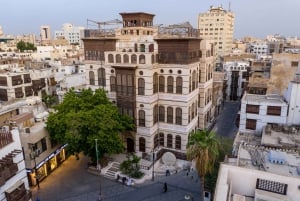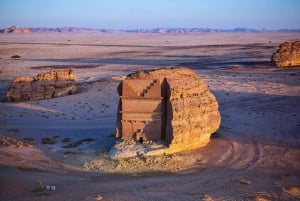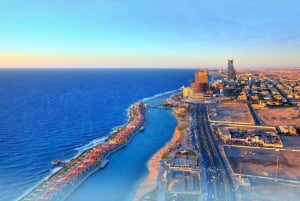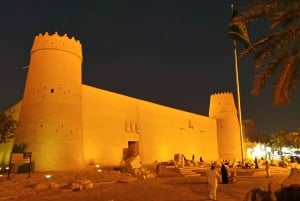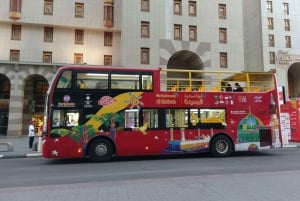Food and Drink
One thing you won’t have a lack of in Saudi Arabia is the choice of food in eating out. Restaurants are abundant in Saudi Arabia, serving up a wide variety of cuisines from all over the world. From high-end restaurants specializing in Mexican, Persian, Italian, Polynesian, Indian, Lebanese, Chinese, Japanese, Thai, Pakistani, Korean and French cooking among others to all major international fast-food brands, it’s all there. Tipping, especially where service is good, is common practice, and waiters usually receive a 10% tip.
Dates
Before anything else, it is the all-important, truly awesome, right regal date that must be mentioned. Known as a desert survival food, a food that nourishes both rich and poor, the date palm has existed in the Arabian Peninsula for at least 7000 years.
Today, over 300 varieties of Saudi dates provide the inhabitants of the region and beyond with various flavors and textures: from totally succulent and soft to super sweet chewiness, to sharply dry and bitter or bitter-sweet crunch. Cake shops with date-stuffed cookies (ma’moul) to dates and coffee combinations, to date juice, date syrup and chocolate-coated, nut filled dates are all the rage today. Each date has its own name, usually from the region where it is grown. Watch out for Ajwa, Khalas, Sukkary and Majdool dates.
In the city of Buraiyada in Qassim province where more than six million date palms are planted, the largest international date festival brings in thousands of date farmers and vendors every year.
Saudi Cuisine
Of course, you’ll find exquisite restaurants serving up authentic Saudi cuisine too!
The food of Saudi Arabia has strong influences from Asia and the closer Arab region. That's all because of the infamous Silk Road that brought the Far East to the Middle East. Though much has changed since those ancient caravan trips, the basic food features are unchanged: glorious spices, rice, unleavened bread, milk products, dates and date products.
Today, during religious festivals and holidays or special occasions like weddings, lamb is usually served. Saudi Arabia is the world's largest importer of live sheep, and in line with Islamic law, animals are slaughtered in a way that does not cause pain or suffering to the animal.
While camel milk was once the staple dairy of the Bedouins, cow and sheep dairy products are today popular with all Saudis.
Barley flour bread, called fatir, and kimaje, the ubiquitous pitta bread, are part of the daily Saudi diet. The general word for bread is khubz, however. Bread is torn off and used as a spoon or fork, to pick food up from a plate.
Kabsa is a Saudi dish made with rice and chicken and loads of spices. Other foods include shawarma (meat on a spit), falafel (deep fried chickpea balls), mutabbag (fried, stuffed pancake bread) and pureed fava beans dip.
Coffee
Qahwa: the old Arabic word that was soon to be known as ‘coffee’ in the west. That incredible little black bean was born in Ethiopia and Yemen and then spread to the Arabian Peninsula and India, and … well, the rest is history.
Qahwa is a ceremonial and highly social drink in Saudi Arabia. It’s made with lightly roasted Arabic beans, loads of cardamom and a sprinkle of saffron and sometimes even cloves! It’s very different to other coffees, as the final result is green in colour!
Pork and Alcohol
Muslims are prohibited from eating, preparing and serving pork. It is a banned product, and will not be found in any menus or on any supermarket shelves.
Alcohol is illegal. Only alcohol-free beers and alcohol-free cocktails are served in hotel bars.
Photo credits: Blue Abaya Photography



